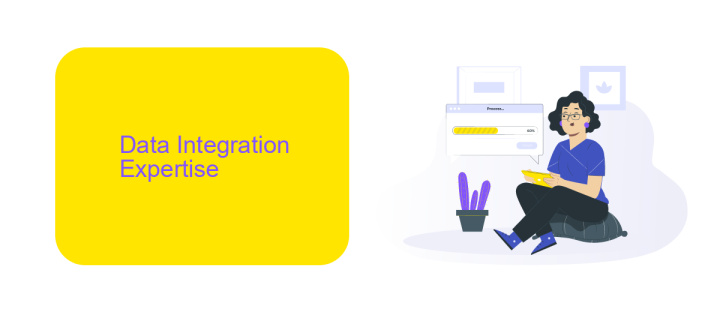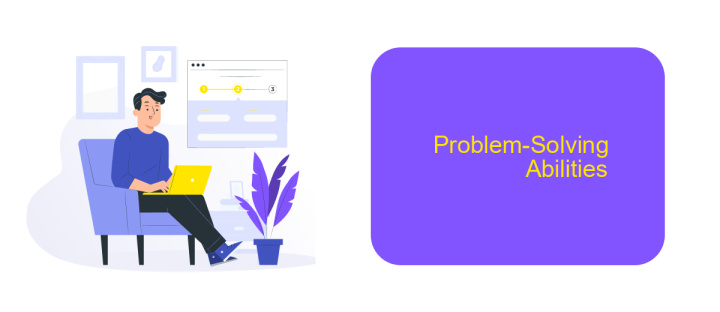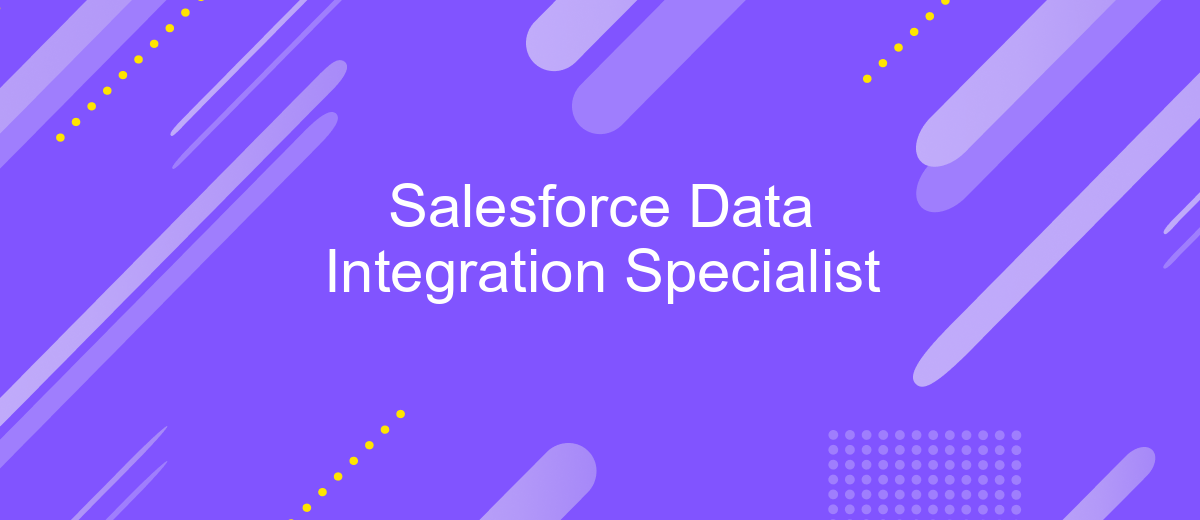Salesforce Data Integration Specialist
In today's data-driven world, seamless integration of information across platforms is crucial for business success. As a Salesforce Data Integration Specialist, you play a pivotal role in ensuring that data flows smoothly between Salesforce and other systems. This article explores the key responsibilities, skills, and best practices that define this essential role, helping organizations maximize their Salesforce investment.
Salesforce Knowledge and Experience
Successful Salesforce Data Integration Specialists possess a deep understanding of Salesforce's data architecture and integration capabilities. This includes not only proficiency in Salesforce's built-in tools but also knowledge of third-party services that facilitate seamless data integration.
- Expertise in Salesforce APIs and Web Services
- Proficiency in data migration and ETL processes
- Experience with integration platforms like ApiX-Drive
- Strong understanding of data security and compliance
- Ability to troubleshoot and resolve integration issues
Leveraging tools such as ApiX-Drive, specialists can automate data flows between Salesforce and various external systems, ensuring real-time data synchronization and accuracy. This not only enhances operational efficiency but also provides a unified view of data across the organization, empowering informed decision-making.
Data Integration Expertise

As a Salesforce Data Integration Specialist, having a deep understanding of various integration methods and tools is crucial. This expertise includes proficiency in REST and SOAP APIs, which are essential for seamless data exchange between Salesforce and other systems. Additionally, knowledge of middleware platforms, such as MuleSoft, is invaluable for creating robust and scalable integration solutions. Mastery in using Salesforce's native tools like Data Loader and the Salesforce Connect feature further enhances the ability to manage and synchronize data effectively.
Moreover, leveraging third-party services like ApiX-Drive can significantly streamline the integration process. ApiX-Drive offers a user-friendly interface and powerful automation capabilities, making it easier to connect Salesforce with numerous applications without extensive coding. This service simplifies the setup of data flows, ensuring real-time synchronization and reducing the risk of data discrepancies. By integrating ApiX-Drive into the workflow, a Salesforce Data Integration Specialist can achieve more efficient and reliable data management, ultimately driving better business outcomes.
Technical Skills

As a Salesforce Data Integration Specialist, possessing a robust set of technical skills is crucial for handling complex data integration tasks efficiently. These skills ensure seamless connectivity between Salesforce and various external systems, enhancing overall business operations.
- Proficiency in Salesforce Integration Tools: Expertise in tools like MuleSoft, Jitterbit, and Informatica for connecting Salesforce with other systems.
- API Management: Strong understanding of REST and SOAP APIs, including experience with ApiX-Drive for automating data flows between applications.
- Data Mapping and Transformation: Ability to map and transform data accurately using tools such as Talend and Dell Boomi.
- SQL and SOQL: Advanced knowledge of SQL and SOQL for querying and managing data within Salesforce and external databases.
- ETL Processes: Proficient in designing and implementing ETL processes to ensure data is extracted, transformed, and loaded correctly.
These technical skills are fundamental for a Salesforce Data Integration Specialist, enabling them to streamline data processes and ensure accurate, efficient data integration across platforms. Leveraging services like ApiX-Drive can significantly enhance the automation and reliability of these integrations.
Problem-Solving Abilities

Effective problem-solving abilities are crucial for a Salesforce Data Integration Specialist. These professionals often encounter complex integration challenges that require innovative solutions and a deep understanding of both Salesforce and external systems. Their expertise allows them to identify potential issues before they escalate and implement strategies to mitigate risks.
One of the primary responsibilities is to ensure seamless data flow between Salesforce and other platforms. This involves not only technical skills but also the ability to understand business processes and requirements. By leveraging tools like ApiX-Drive, specialists can streamline integrations, automate workflows, and enhance data accuracy.
- Diagnosing and troubleshooting integration issues promptly.
- Utilizing tools like ApiX-Drive to automate and simplify data transfers.
- Collaborating with cross-functional teams to align technical solutions with business needs.
- Continuously monitoring and optimizing integration performance.
In addition to technical prowess, effective communication and collaboration are vital. Specialists must work closely with stakeholders to ensure that integration solutions meet organizational objectives and deliver tangible benefits. This holistic approach to problem-solving ensures that data integration projects are successful and sustainable.
Communication and Collaboration
Effective communication and collaboration are pivotal for a Salesforce Data Integration Specialist. By fostering clear and consistent communication channels, specialists can ensure that all stakeholders, including business analysts, developers, and end-users, are on the same page. Utilizing tools like Slack or Microsoft Teams can facilitate real-time discussions, while documentation platforms such as Confluence provide a repository for integration processes and protocols. Regular meetings and updates help in aligning the integration work with business objectives, ensuring seamless data flow and minimizing misunderstandings.
Collaboration is further enhanced through the use of integration services like ApiX-Drive, which simplifies the process of connecting various applications and automating workflows. ApiX-Drive allows specialists to create integrations without extensive coding, making it easier to share and manage data across platforms. By leveraging such tools, specialists can work more efficiently with team members, streamline data management tasks, and ultimately deliver more robust and scalable integration solutions. This collaborative approach not only improves productivity but also ensures that the integration aligns with the overall business strategy.
FAQ
What is Salesforce Data Integration?
Why is data integration important for Salesforce?
What are some common methods for integrating data with Salesforce?
How can I automate data integration tasks in Salesforce?
What are the challenges of Salesforce Data Integration?
Apix-Drive is a simple and efficient system connector that will help you automate routine tasks and optimize business processes. You can save time and money, direct these resources to more important purposes. Test ApiX-Drive and make sure that this tool will relieve your employees and after 5 minutes of settings your business will start working faster.

